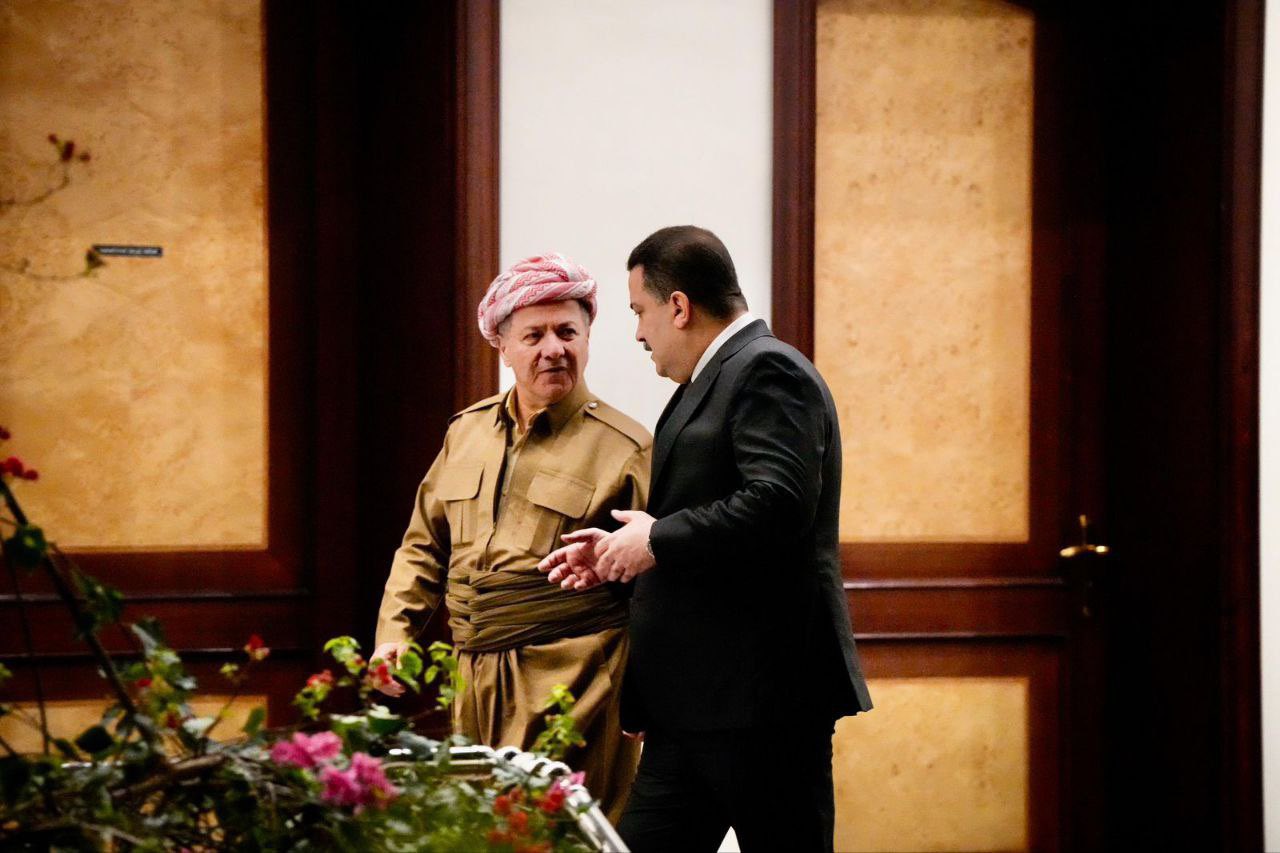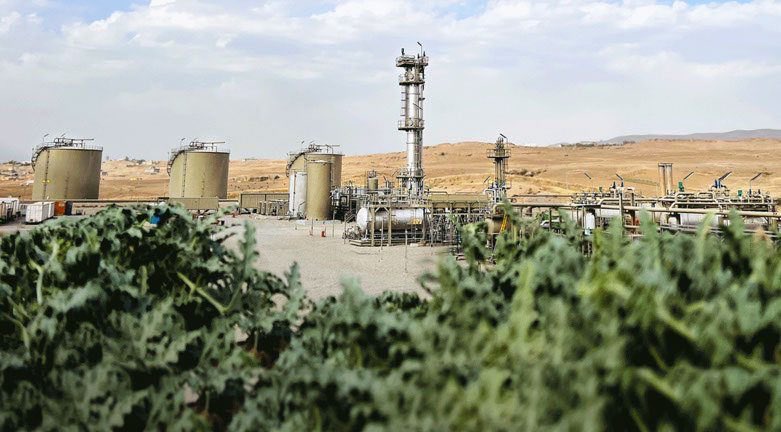DINARLAND UPDATE
Highlights
- 📈 U.S. Treasury Involvement: Trump’s new Treasury Secretary’s engagement is seen as a pivotal moment for Iraq’s economic upliftment.
- 📊 Budget Amendments Passed: The Iraqi Parliament has successfully amended the general budget law, aimed at resolving key financial issues.
- 🛢️ Oil Export Resumption: Iraq is poised to resume oil exports amidst resolved issues concerning Kurdistan’s oil and employee salaries.
- 🌍 International Investment Opportunities: Baghdad International Fair aims to attract international and Arab investors, showcasing Iraq’s commitment to a stable economic environment.
- 💵 Currency Coexistence: The Central Bank of Iraq (CBI) has stated that old and new dinar notes will coexist for a decade, providing flexibility for currency exchange.
- 📉 Potential Oil Price Devaluation: Economic pressures could lead to a devaluation of the dinar if oil prices drop significantly, posing a risk to Iraq’s financial stability.
- 💬 Political Willpower Necessary: Experts agree that political commitment is essential for adjusting the dinar’s value and overcoming historical economic challenges.
Key Insights
🌟 U.S. Treasury’s Role in Iraq’s Economy: The involvement of the U.S. Treasury underlines a strategic partnership aimed at bolstering Iraq’s economy. The discussions are not casual; they are focused on enhancing the purchasing power of Iraqi citizens. The expectation is that such high-level dialogue will translate into actionable economic policies that can revitalize Iraq’s financial landscape.
💼 Legislative Progress and Economic Stability: The approval of the budget amendment by the Iraqi Parliament signals a crucial step toward addressing long-standing financial issues, particularly concerning the Kurdistan region’s oil exports and employee salaries. This legislative progress is vital for restoring investor confidence and stabilizing the economy, which has been plagued by political uncertainties.
🌐 Investment Ecosystem in Iraq: With the Baghdad International Fair attracting 20 countries and nearly 1,000 participants, Iraq is actively seeking international investment. This effort highlights the country’s resolve to create a secure and stable environment for foreign investors, which is essential for economic recovery and growth.
📈 Currency Dynamics and Forex Participation: The Central Bank of Iraq’s declaration regarding the coexistence of old and new currency notes for ten years provides a safety net for investors. It indicates that there will be ample time for currency transition, mitigating the risks associated with immediate devaluation and allowing for a more strategic approach to currency exchange.
📉 Impact of Oil Prices on Currency Valuation: The warning from economist Nabil Jaffer Al Maromi about the devaluation of the dinar due to potential drops in oil prices is critical. As oil is a primary revenue source for Iraq, significant price declines could hinder financial stability, prompting urgent measures from the government and the CBI.
⚖️ Political Will is Key for Economic Reforms: The consensus among experts, including Frank 26 and others, is that political willpower is crucial in facilitating the necessary economic reforms. Historical corruption and delays have suppressed the dinar’s value, and addressing these issues requires a dedicated and unified political effort to restore trust and ensure sustainable economic growth.
🔄 Long-term Investment Perspective: Militia Man’s unwavering belief in the investment potential of the dinar reflects a broader sentiment among long-term investors who remain optimistic about the future. This perspective is vital, as it encourages patience and resilience among investors in the face of fluctuating economic conditions and potential setbacks.



